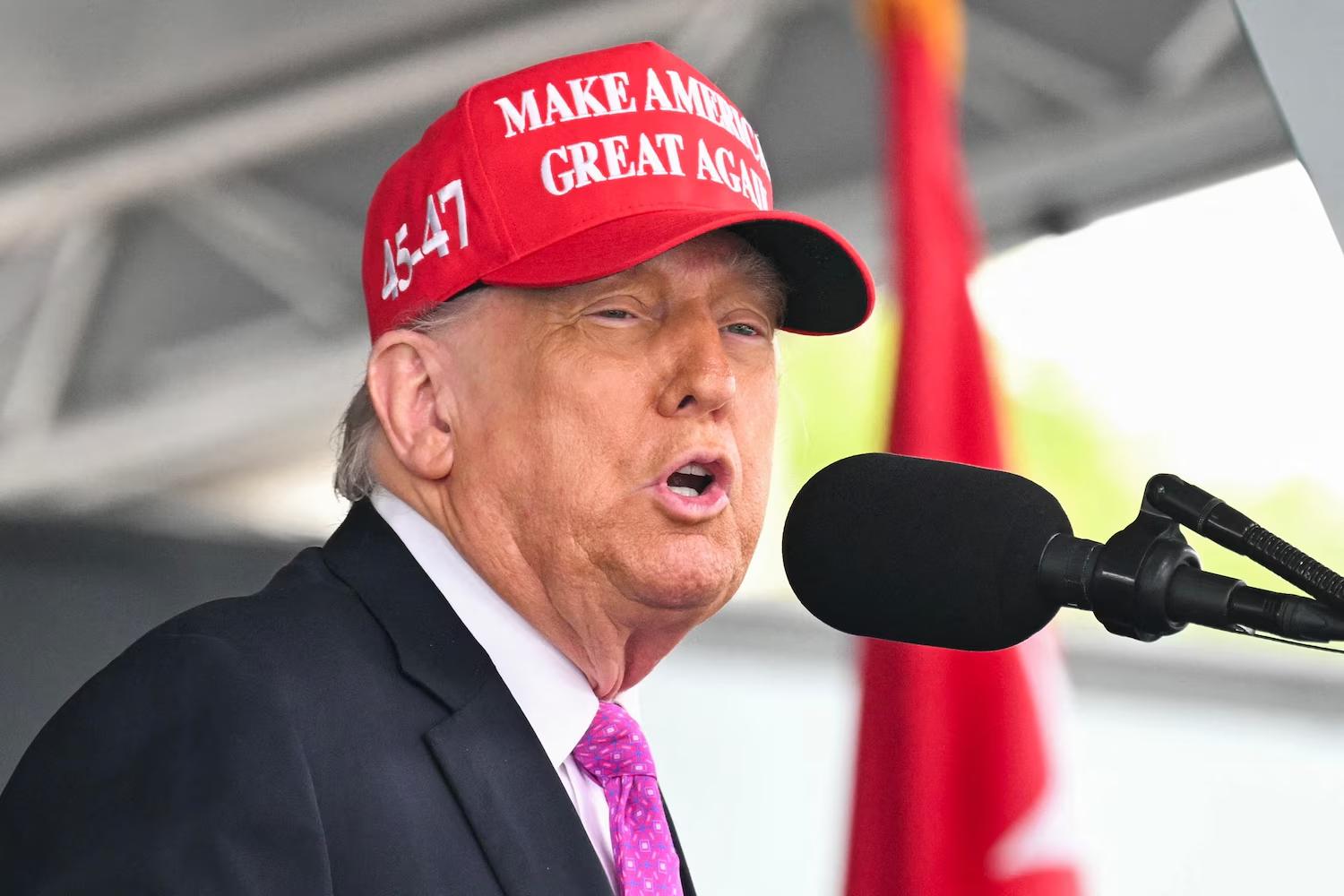The U.S. State Department has renewed and intensified its warning against travel to Venezuela, citing a troubling increase in the detention of American citizens. According to Adam Boehler, Special Presidential Envoy for Hostage Affairs under the Trump administration, more Americans are currently imprisoned in Venezuela than in any other country—and many of them have done nothing wrong.
Americans Targeted Simply for Being American
“More American citizens are being held in Venezuelan jails than in any other nation,” Boehler stated Tuesday. “These are not people guilty of crimes—their only ‘offense’ is being American.”
While the exact number remains unclear, at least eight U.S. citizens are believed to be imprisoned in Venezuela under dubious or politically motivated charges. These arrests are seen as part of a broader pattern under President Nicolás Maduro, where American nationals are used as leverage in geopolitical disputes.
State Department Issues Level 4 Travel Advisory
Since February 2019, Venezuela has been designated a Level 4: Do Not Travel destination—the highest advisory level issued by the U.S. government. On Tuesday, that warning was reaffirmed and re-issued by U.S. embassies in Colombia, Guyana, Brazil, and Aruba, as well as the Venezuela Affairs Unit in Colombia.
“There is no safe way for Americans to travel to Venezuela,” a State Department spokesperson warned.
“U.S. citizens, dual nationals, and lawful permanent residents should avoid travel to Venezuela at all costs. No trip is worth the risk to your freedom.”
Families and Partners Also at Risk
The warning comes amid growing concerns that family members and romantic partners of American citizens are also at risk of detention when visiting Venezuela. “In many cases, Venezuelan authorities detain both the U.S. citizen and their relatives or companions,” the State Department noted. “Traveling to Venezuela risks the freedom of more than just the individual.”
Border Proximity Still Dangerous
Even proximity to Venezuela’s border can pose a risk. One recent case involves Lucas Hunter, a 37-year-old dual American-French citizen who was detained by Venezuelan forces in January while windsurfing near the Colombian border. Despite not entering Venezuela voluntarily, Hunter was captured by Venezuelan border guards and remains in custody.
Diplomatic Efforts and Recent Releases
Despite heightened tensions, the Trump administration has made limited progress in securing the release of detained Americans. In a rare diplomatic move, Special Envoy Richard Grenell visited Venezuela in January and met directly with President Maduro. Following the visit, six American prisoners were released.
Most recently, Grenell announced the release of U.S. Air Force veteran Joseph St. Claire. Officials emphasized that no concessions were made to secure his freedom.
U.S. Officials Stress Firm Stance on Hostage Diplomacy
Boehler stressed the importance of maintaining pressure on nations that detain Americans without just cause.
“Every country must understand that detaining American citizens severs any potential relationship with the United States,” he said.
“We will continue to negotiate, but we will also stand firm to protect our citizens.”
Venezuela Travel Risks: A Human Rights and Geopolitical Issue
The use of American detainees as bargaining chips by the Venezuelan government underscores the country’s deteriorating human rights record and strained relations with the United States. As political unrest and economic instability continue, U.S. citizens remain particularly vulnerable to arbitrary arrest and prolonged detention.
Final Warning: Avoid Travel to Venezuela
The U.S. government’s message is clear: travel to Venezuela poses significant and unnecessary risks. The freedom, safety, and legal rights of U.S. citizens are not guaranteed and may be directly threatened by travel to the country.
“No vacation or family visit is worth risking your liberty,” the State Department concluded.
As diplomatic efforts continue to secure the release of those already detained, American travelers are urged to heed the warnings and avoid high-risk destinations like Venezuela altogether.

